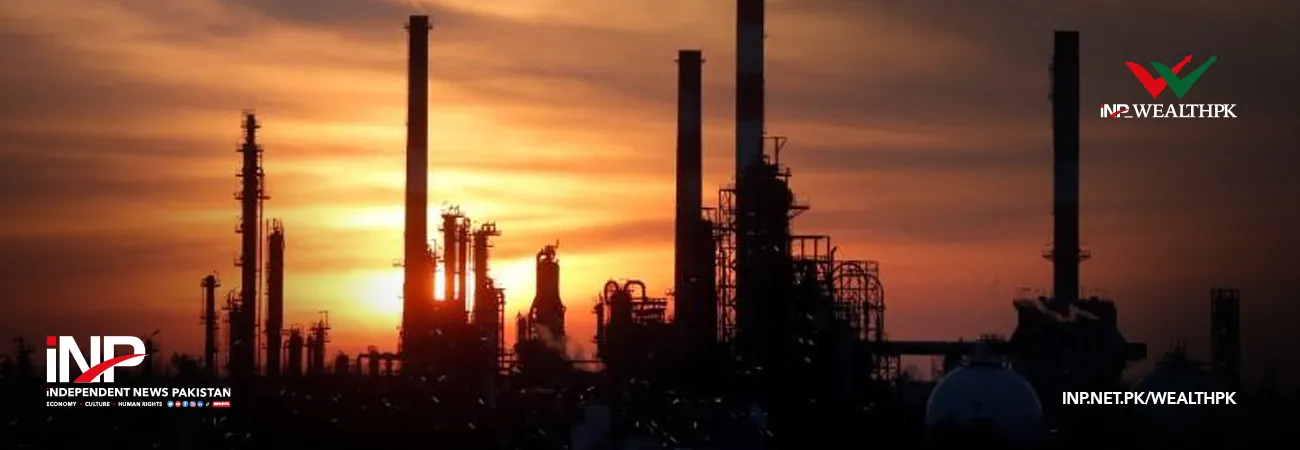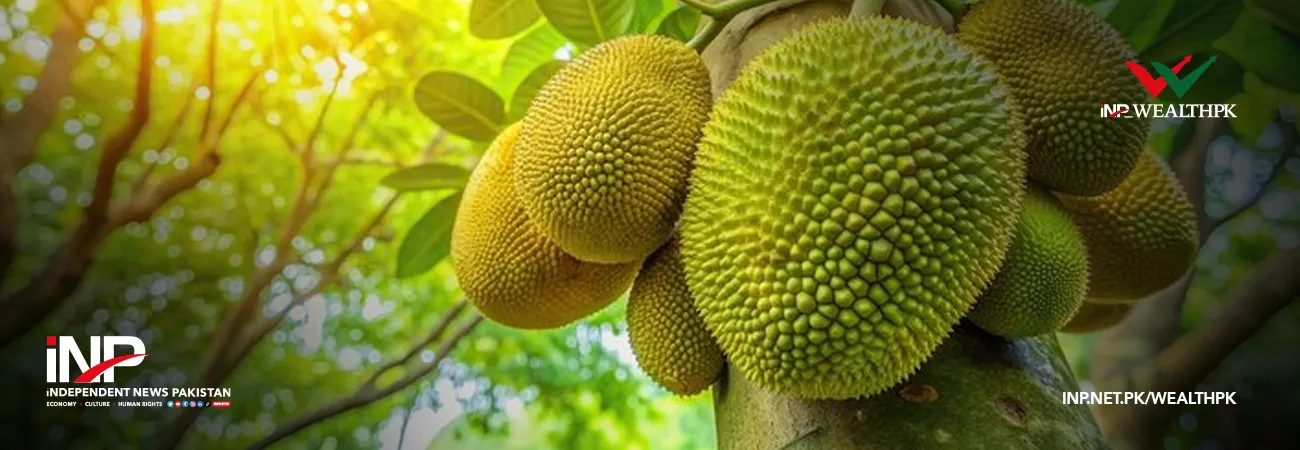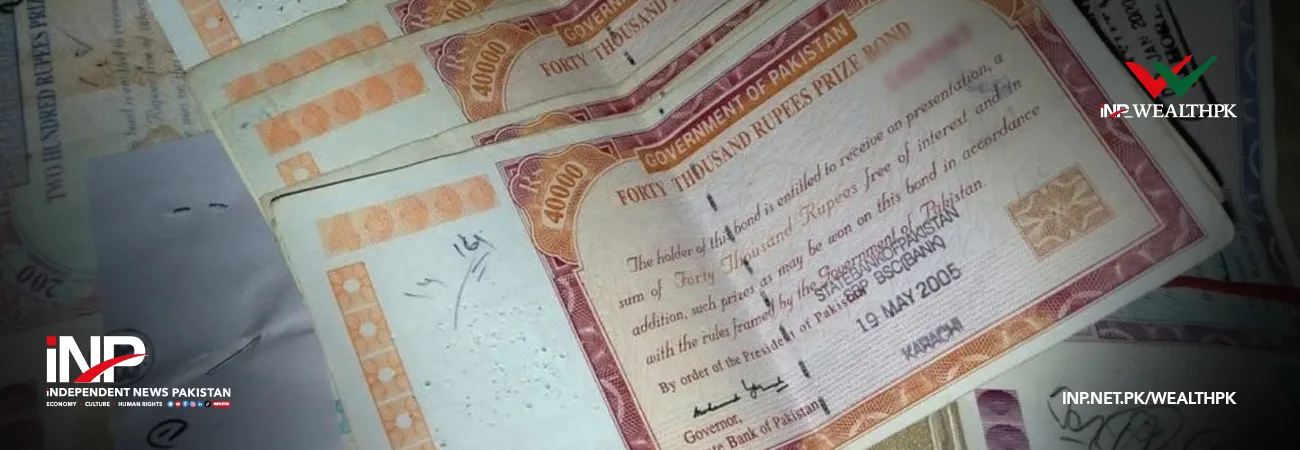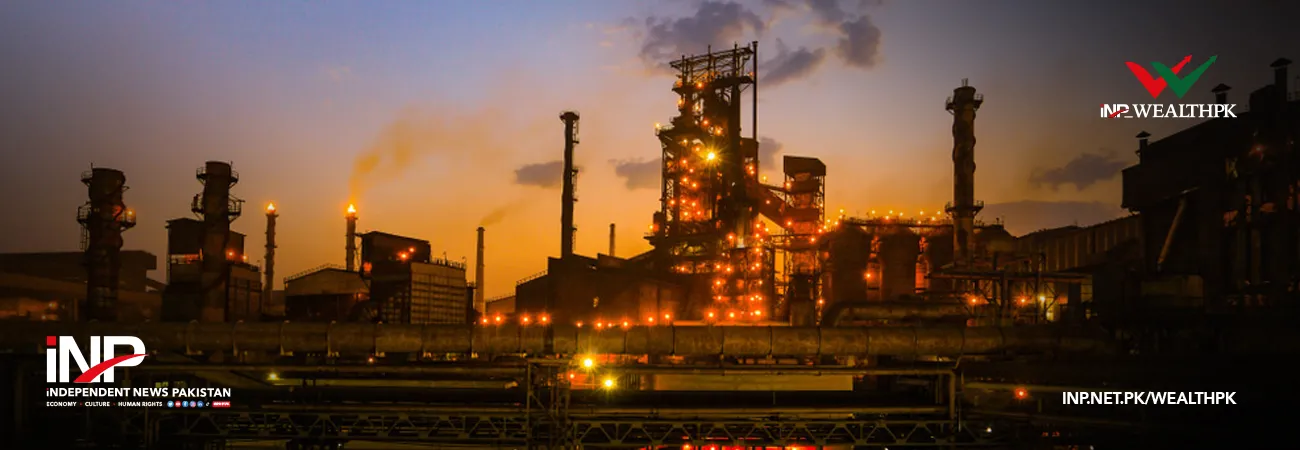INP-WealthPk
Ayesha Saba
Experts have emphasised that sustainable financing mechanisms are crucial for addressing Pakistan’s housing deficit, particularly in urban areas.
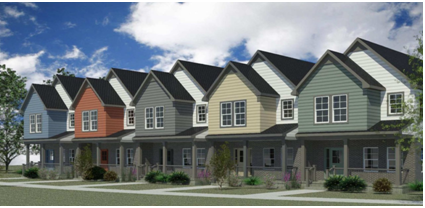
Affordable housing remains a critical challenge for low-income groups, requiring innovative solutions like public-private partnerships (PPPs) and enhanced banking incentives to ensure accessibility and sustainability. Speaking to WealthPK, Dr Imran Qureshi, an urban economist at Sustainable Development Policy Institute (SDPI), highlighted the urgency of addressing population growth. “With over 240 million people, Pakistan faces immense pressure on its already scarce resources. The most immediate impact is felt in urban centres, where the demand for housing and infrastructure far exceeds the supply. This has led to sprawling informal settlements and increased homelessness, particularly in metropolitan areas like Karachi and Lahore.”
He said that PPPs could help bridge this gap by leveraging government land and resources alongside private sector efficiency and capital. “Governments can incentivise private developers by offering subsidies, tax breaks, or reduced land costs, making it feasible to construct low-cost housing units,” he added. Qureshi further elaborated that many low-and-middle-income individuals and families struggled to secure affordable loans and mortgages to purchase or construct their homes. “The stringent requirements and high interest rates imposed by financial institutions often exclude a large portion of the population from accessing housing finance.”
He said that banks must simplify mortgage processes, lower interest rates, and introduce long-term repayment plans tailored for low-and-middle-income households. He cited the examples of India and Bangladesh, where targeted housing finance reforms successfully boosted home ownership rates among economically weaker sections. “Collaboration among stakeholders is essential to make affordable housing a reality in Pakistan,” he said. Qureshi urged the policymakers to create an enabling environment through regulatory reforms, financial incentives and public-private cooperation. “Without sustainable financing frameworks, Pakistan’s housing deficit will continue to widen, exacerbating urban inequality and social challenges.”
Meanwhile, an official of Naya Pakistan Housing & Development Authority (NAPHDA) told WealthPK on condition of anonymity that the authority aimed to collaborate with development entities and authorities to provide low-cost housing across Pakistan. “To ensure affordability, measures will be adopted to cap house prices for low-and-middle-income groups. Development authorities will be responsible for land development and construction, supported by financing from banks, while NAPHDA will offer a cost subsidy of Rs300,000 to eligible applicants registered through the Naya Pakistan Housing Programme (NPHP),” the official said.
Additionally, he said NAPHDA would coordinate with various government bodies to facilitate construction of road, water and sanitation infrastructure in project sites and arrange end-buyers and mortgage facilities for low-income groups. “Approved projects under NAPHDA will also benefit from a 90% tax rebate, further incentivising affordable housing development.”
Credit: INP-WealthPk








